The Bhagavadgita forms a part of the great Indian epic, the Mahabharata, and consists of 700 verses. It is a dialogue between Arjuna, one of the five Pandavas, and Lord Krishna, who acts as his charioteer. While his armies are arraigned against the armies of the Kauravas, the adversaries of the Pandavas, he falters and asks Krishna how he could kill his own kith and kin and whether such a battle was worthwhile at all. Lord Krishna in this long dialogue gives him the answer. The blind Dhritarashtra, king of the Kaurvas, desires to visit the battle but can not, and Sanjaya gives him a graphic account of the happenings. Throughout the Gita Lord Krishna and Arjuna address each other by different names, which signify the different attributes of the two, and are relevant in particular circumstances.
ABOUT THE AUTHOR Edwin Arnold
Dr. Edwin Arnold, is a keen scholar of English literature. Having rich experience in teaching, he has made debut in writing critiques on different litterateurs and their literary works.
ABOUT THE AUTHOR Mahendra Kulasrestha
Mahendra Kulasrestha, has been the first Editor of the well-known Orient Paperbacks, and has been associated with the Bharatiya Vidya Bhawan, Mumbai; V. Vedic Research Inst., Hoshiarpur, Pb.; Vision Books; Hind Pocket Books; Rajpal and Sons; Indira Gandhi Memorial Trust; HUDCO; DDA; SEWA Delhi, etc. He has edited the much useful Public Concerns Series, and been Consultant Editor of International Books Update. His works include: Japan An Enigma, An anthology of Japanese Literature (Hindi), Tagore Centenary Volume, The Genius of Tagore, Aspects of Indian Culture, world Poetry Number of a Hindu Literary magazine, An Anthology of Hindi Literary magazine, An Anthology of Hindu Short Stories in English, Existence and Other Poems (English translation of Amrita Pritam’s poems), A study of Western philosophers in Hindi, etc.

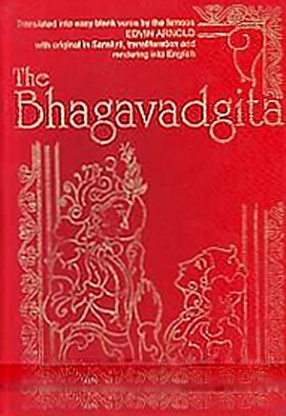
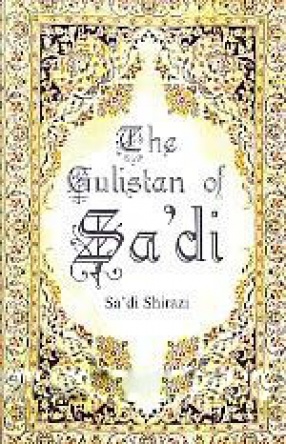
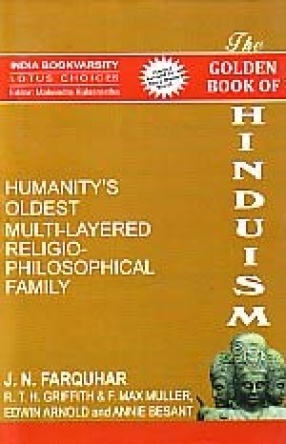
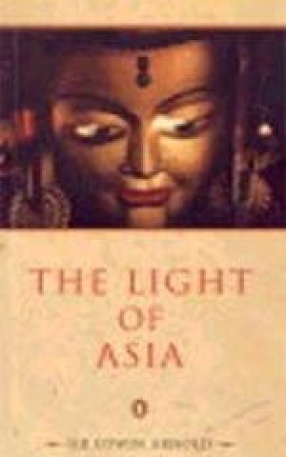
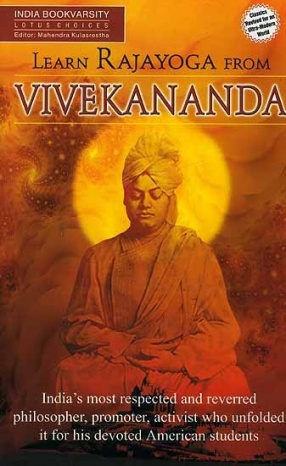
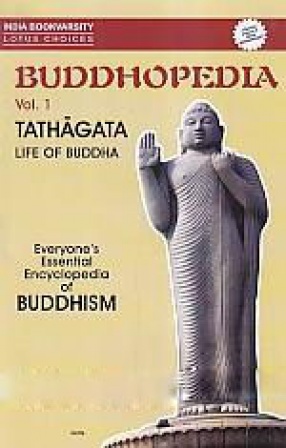
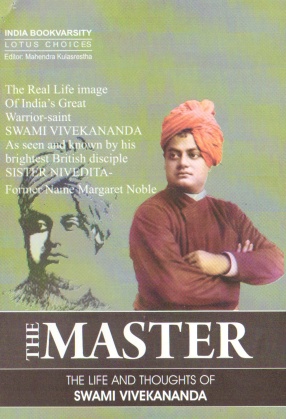

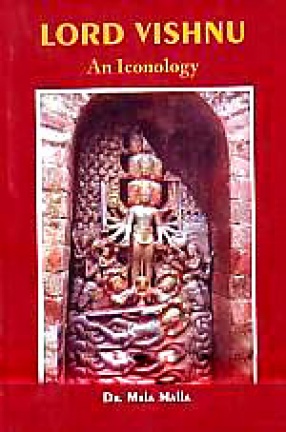
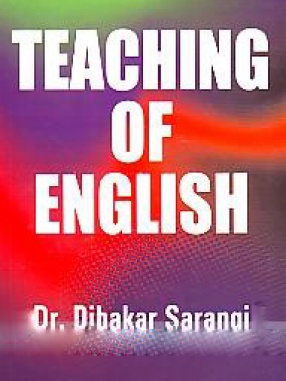
There are no reviews yet.